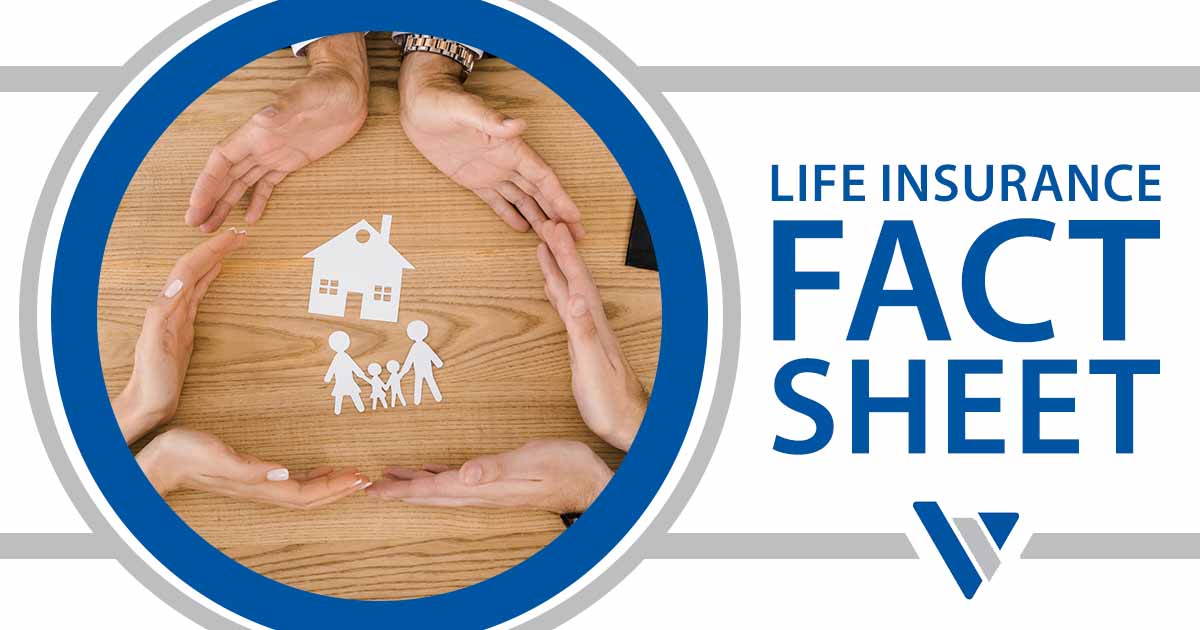I am sharing with you some of the information the Life Insurance Marketing and Research...


Saying goodbye to a loved one is a very trying time, but one we all must endure at one time or another. When this hurdle arises, life can quickly become overwhelming. This is true even when it comes to inheriting money. Usually, receiving an inheritance isn’t something we plan for. So, when it happens, you may be unsure of what you should do with the money. If you find yourself in this position, then consider the inheritance options below. With this information, you can hopefully choose the best option for you and your family.
The first thing you should do if you inherit money is to take a deep breath. This can be a very emotional time and the last thing you should do is hurry into any decisions without adequate information. You’re likely still mourning your loved one and it’s important to give yourself time to do this. It’s a good idea to place your inheritance aside while you grieve. It can sit safely in a savings account for a month or more while you heal from your loss.
Once you’ve had time to mourn, when you feel ready, you can move onto the next step. While paying off each and every dollar of debt to your name may seem like a good idea, you may want to approach this option strategically. Starting over, debt-free can be very appealing. However, you don’t want to put yourself in a position where you’ll immediately begin accruing more debt. Instead, focus on paying off credit cards and loans with high interest rates.
At this point it’s best to hold off on paying off any low interest debt or long-term debt such as your mortgage. In some cases, your inheritance money may be of better use elsewhere. Some investments allow you to earn more interest than you would otherwise save by paying off your mortgage early. Also, many people don’t realize that if they pay off their mortgage then they lose the tax benefits associated with mortgage interest payments.
Everyone has some kind of idea about what they’d do if they had more money. Now that you’ve got it, it’s important to prioritize. That dream vacation may be looking really great right about now, but you may want to hold off until you have a solid plan in place. A plan is your key to making your inheritance last. Here are some common things people think of doing with their inheritance money:
Of course, this list just scratches the surface. If you received enough inheritance to fulfill all your dreams, then that’s great. But you’ll still want a plan before you start moving money around. Most people won’t receive enough to do everything they wanted. Instead, they’ll have to make choices. Prioritizing the things that are most important to you is a great way to start.
However, before you start spending money you may want to set up an emergency fund. The last thing anyone wants is to commit to a home remodel or come back from an expensive trip around the world to find that they no longer have a job.
If you’ve planned carefully, then you may have some of your inheritance set aside for this very scenario. The general rule of thumb is to save up between six and twelve months of living expenses if you’re working. If you’re retired then you may want to lean more toward the twelve-month side of things. This fund is here for you in case anything unexpected arises. An emergency fund gives you peace of mind and protection from layoffs, serious illness or injury, and more. While it can’t protect you from everything, an emergency fund can certainly see to it that your day to day expenses are covered should something bad happen.
In some instances, you may need to pay federal, state, or local income taxes on your inheritance. For example, if you inherit a 401(k) plan from someone who isn’t your spouse then it’s probable that you’ll receive the money as a taxable lump sum. You can transfer the amount to an IRA to avoid paying immediate taxes, however withdrawals are still taxable. In cases like this, it’s a good idea to speak with a tax advisor to make the best decision. Our advisors here at Virtus Wealth Management would be able to help you in this area.
A large inheritance can be life changing. To make the most of this gift from your departed loved one, it’s a good idea to speak to a financial planner. Together, you can assess your short term and long-term goals. A financial advisor can help you evaluate your goals and your situation. They’ll be able to provide you with valuable information so you fully understand all of your options.
Understanding the risks and rewards of each financial option are key in deciding what is best for you and your family. Your advisor can answer your questions and point you toward resources to help you come to the best decision.
Inheriting money can be overwhelming, but it doesn’t need to be. With a knowledgeable professional at your side you can make confident decisions to make the most out of your inheritance.
The information provided here is for general information only and should not be considered an individualized recommendation or personalized investment advice. The investment strategies mentioned here may not be suitable for everyone. Each investor needs to review an investment strategy for his or her own particular situation before making any investment decision. All investing involves risk including loss of principal. No strategy assures success or protects against loss. There can be no guarantee that strategies promoted will be successful and no guarantee of positive results.
There is no guarantee that a diversified portfolio will enhance overall returns or outperform a non-diversified portfolio. Diversification does not protect against market risk. Contributions to a traditional IRA may be tax deductible in the contribution year, with current income tax due at withdrawal. Withdrawals prior to age 59 ½ may result in a 10% IRS penalty tax in addition to current income tax. This information is not intended to be a substitute for specific individualized tax advice. We suggest that you discuss your specific tax issues with a qualified tax advisor.